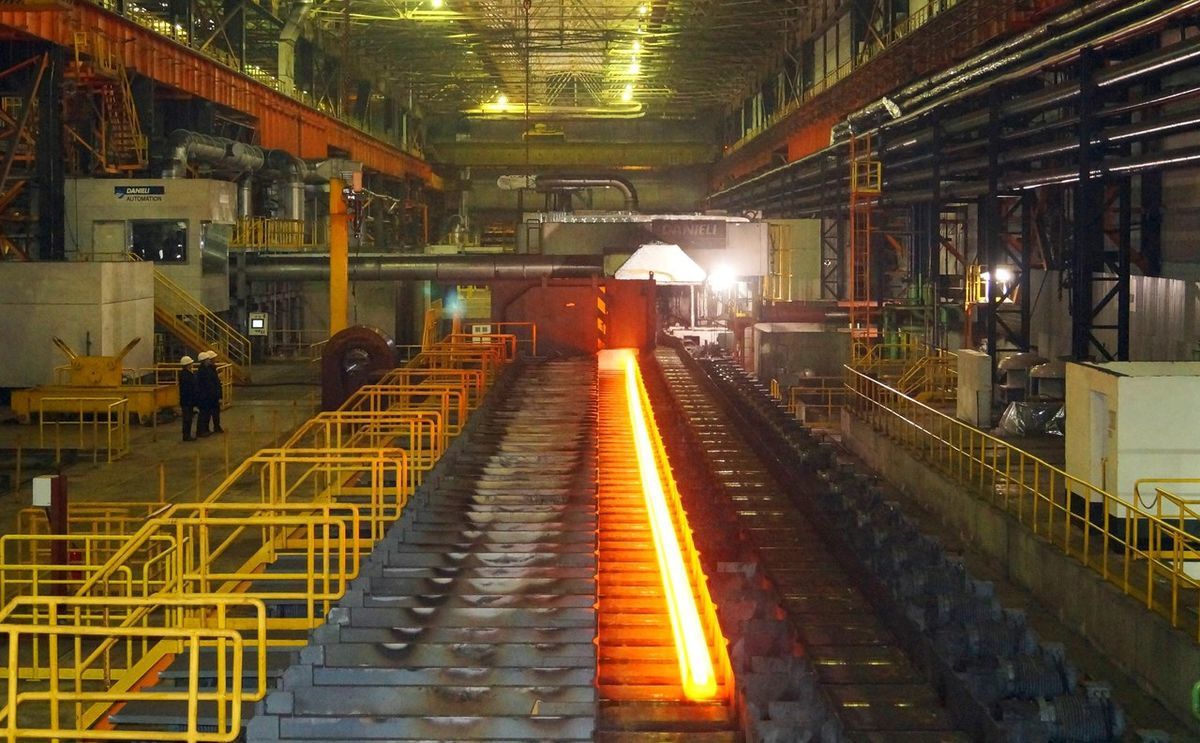Incoloy 800HT, an iron-nickel-chromium alloy, is known for its excellent strength and resistance to oxidation and carburization at elevated temperatures. Manufacturing Incoloy 800HT round bars involves several steps, each critical to ensuring the final product meets industry standards and specifications. These steps include melting, casting, hot working, machining, heat treatment, and quality control.
Melting and Alloying
Raw Material Selection
The manufacturing process of Incoloy 800Ht Round Bar begins with selecting high-purity raw materials, primarily iron, nickel, chromium, and small quantities of carbon, aluminium, and titanium.
Melting
The selected materials are melted in an electric arc furnace (EAF) or an induction furnace. The melting process thoroughly mixes all elements, producing a homogenous alloy. The molten metal is subjected to refining processes to remove impurities and attain the desired chemical composition.
Casting
Continuous Casting
The molten Incoloy 800HT is cast into ingots or billets using continuous casting techniques. This method ensures a fine-grained structure and reduces the segregation of alloying elements.
Ingot Casting
Alternatively, the alloy can be poured into moulds to form ingots. These nuggets are later processed through various mechanical working techniques.
Hot Working
Forging
The cast ingots or billets are reheated to high temperatures (around 1000-1150°C) and subjected to forging processes. Forging involves hammering or pressing the metal to refine its grain structure and enhance its mechanical properties.
Rolling
After forging, the material is hot-rolled into intermediate shapes such as blooms, billets, or slabs. These shapes are then further rolled into round bars of the desired diameter. The hot rolling process improves the alloy’s grain structure and mechanical properties.
Machining
Rough Machining
The hot-rolled bars undergo rough machining to remove surface imperfections and achieve a more precise shape. This step involves turning, milling, and other mechanical cutting operations.
Finishing
Finishing processes such as grinding and polishing are applied to achieve the desired surface finish and dimensional accuracy. These steps ensure the round bars meet stringent industry standards for surface quality.
Heat Treatment
Solution Annealing
The round bars are subjected to solution annealing to enhance their mechanical properties and corrosion resistance. This involves heating the material to around 1120-1175°C, holding it at this temperature to dissolve residues, and then rapidly cooling it in water or air.
Stabilizing Anneal
Incoloy 800HT undergoes a stabilizing anneal to precipitate carbides and nitrides, enhancing its high-temperature properties. This is done by heating the alloy to approximately 870-900°C and holding it for a specified time before air cooling.
Quality Control
Nondestructive Testing (NDT)
Quality control includes various nondestructive testing methods, such as ultrasonic, radiographic, and eddy current testing, to detect internal and surface defects.
Mechanical Testing
Mechanical properties are verified through tensile, hardness, and impact tests. These tests ensure the material meets the required strength, flexibility, and toughness specifications.
Chemical Analysis
Chemical composition is verified using spectrometric analysis to ensure the alloying elements are within specified limits.
Dimensional Inspection
Dimensional accuracy is checked using precision measuring instruments to ensure the round bars meet the specified tolerances.

